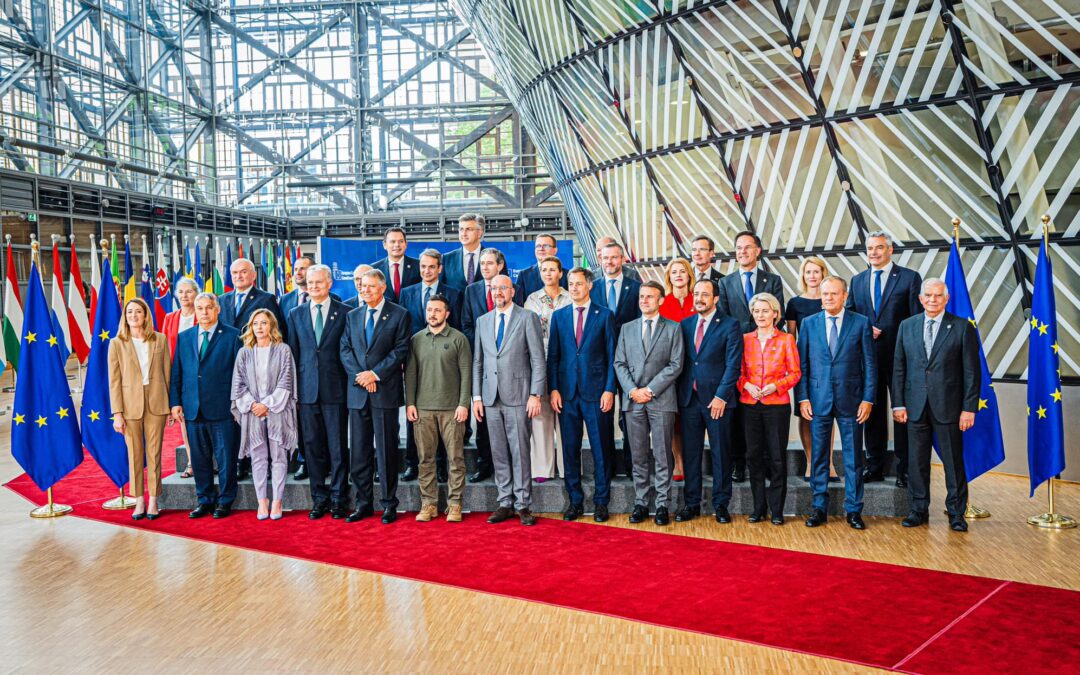Brussels – The Slovak delegation respected the opinion of the majority of the member countries and presented its objections to certain names where needed. This was stated on Friday in Brussels by Slovak President Peter Pellegrini following the nomination of Ursula von der Leyen as President of the European Commission, António Costa as President of the European Council, and Kaja Kallas as the future head of EU diplomacy. This was reported by TASR correspondent.
The president emphasized that the way an agreement was reached on these names before the actual EU summit was perceived critically. According to him, this was criticized by larger countries, especially Italy, which were excluded from the main round of negotiations by the “triple coalition” of conservatives, socialists, and liberals. Italian Prime Minister Giorgia Meloni is politically aligned with the Eurosceptic European Conservatives and Reformists (ECR).
“Five years ago, it was a very long process, with many name changes. The current discussions were not about substitutes and other names. The discussions did not last as long as expected. Most countries indicated that they respect the decision of the triple coalition,” described the situation Pellegrini, who represented Prime Minister Robert Fico (Smer-SD) at the summit.
He reminded that Costa is the only one with a definite position, both as the future President of the European Council and also the Eurogroup (finance ministers of the euro area), while Von der Leyen still has to gain the majority of the votes of the MEPs at the European Parliament’s plenary session in July. If successful, she will then propose Kallas as the head of EU diplomacy, which will also need the approval of the European Parliament.
The president clarified that the majority of countries decided and the Slovak delegation respected this majority, while presenting its objections to Costa and Kallas where needed and at the same time made maximum effort to secure the strongest possible position for Slovak Commissioner Maroš Šefčovič in the future EU executive. He added that discussions in this sense are ongoing and after meeting with Von der Leyen, he expressed hope that Šefčovič will gain an “interesting position” in the Eurocommission.
Pellegrini added that he coordinated his views with the Slovak government and reiterated that Kallas needs to demonstrate a broader perspective on EU foreign policy. It will not only be about her views as the Estonian Prime Minister on the war in Ukraine, but she must explain how she perceives the conflict in the Middle East and the southern neighborhood, EU relations with the USA, China, or BRICS countries.
According to the president, it is good that unanimity applies in the area of foreign policy, so Slovakia will always have a real influence on this policy and can “divert” some decisions of the future head of diplomacy.
Pellegrini also added that he expects a different approach to Slovakia from Costa. The former Portuguese Prime Minister was one of the active proponents of freezing the membership of the Smer-SD party and the associate membership of the Hlas party in the Party of European Socialists (PES) and the Socialist and Democrat group in the European Parliament last October. (June 28)
 go to the original language article
go to the original language article
